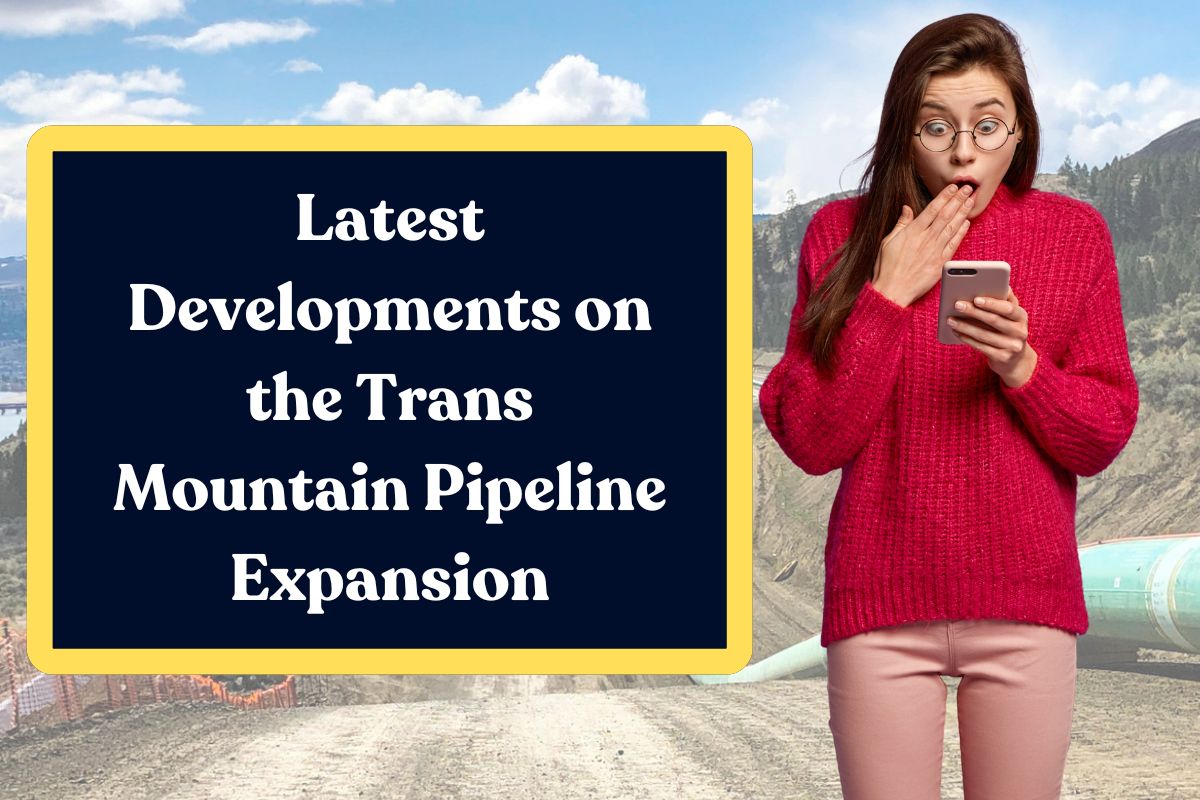The local pipeline resistance group is an organization, typically composed of local community members, that opposes the construction or operation of pipelines within a specific geographic area. These groups are usually due to concerns about safety risks, environmental impact, and potential disruptions to the local community and the natural environment.

They may employ several processes, involving public awareness campaigns, legal risk, and direct action to voice their opposition and influence the decision-making processes related to pipelines.
How to Start a Local Pipeline Resistance Group?
To initiate a local pipeline resistance group, start by understanding the specific pipeline project and its potential impact on your community. Then, build a strong foundation of support, organize effectively, and engage in strategic actions to raise awareness and exert pressure. Finally, consider the legal and strategic options for resistance.

Steps to start the local Pipeline Resistance Group
1. Build a Strong Core Group
- Related to Existing Groups: Join the existing local or regional resistance groups focused on the pipeline opposition.
- From the New Group: If no existing group exists, gather like-minded people to form a new firm dedicated to resisting the pipeline.
- Develop leadership: Train and identify the people within the group to take on leadership roles and responsibilities.

2. Engage in Direct Action
- Demonstration and Protest: Participate in and organize peaceful protests, rallies, and demonstrations to raise awareness and put pressure on decision-makers.
- Legal Challenges: Support the legal efforts against the pipelines, possibly by donating to legal protection funds and taking part in lawsuits.
- Civil Disobedience: Consider participating in nonviolent civil disobedience, such as blockading pipeline construction sites, after carefully weighing the legal and personal risks.

3. Advocate for updates
- Raise Public Awareness: To raise public awareness, use traditional media, social media, and community outreach to raise public awareness and build support for their causes.
- Lobby Elected officials: Contact local, state, and federal elected officials to express their concerns and advocate for policy updates that would halt and restrict pipeline construction.
- Support Affected Communities: Connect with and support communities directly impacted by the pipeline’s construction and operation.

4. Maintain Momentum
- Stay Organized: Maintain regular communication and coordination with the resistance group to sustain momentum and adapt to changing possibilities.
- Celebrate Successes: Acknowledge and celebrate small successes and milestones to maintain motivation and morale.
- Adapt Methods: Be ready to adjust the strategy as the pipeline project progresses and new risks arise.
5. Familiarize yourself and others
- Share Details: Train your group about the pipeline, its potential consequences through presentations, workshops, and community meetings.
- Understand the Pipeline: Analyze the specific pipeline project, its path, and potential environmental and social impacts.
Impact of Oil Pipelines
The oil pipelines in residential areas can negatively impact communities due to potential security hazards, environmental concerns, and property value devaluation. Leaks and spills can lead to fires, explosions, and contamination of soil and water sources, posing health risks and causing asset damage.
Furthermore, construction and maintenance activities can disrupt residents’ lives and potentially lower property values. There are some impacts are given below:
1. Environmental Concerns
- Soil Contamination: The gas and leakage of the pipeline can pollute the soil, potentially requiring costly remediation and affecting land use.
- Water Contaminations: Spills can contaminate surface or groundwater sources, impacting drinking water and ecosystems.
- Air Pollution: Leaks can release Volatile Organic Compounds (VOCs) and other pollutants into the environment, impacting air quality.
2. Asset Value Impacts
- Decrease Property Value: Learn that pipeline incidents can lead to a decrease in asset values for homes located near the pipelines, particularly after the incidents.
- Negative Perception: Concern about the safety and environmental risks can make assets less desirable to potential purchasers.
- Disruption During Maintenance and Construction: The maintenance and construction activity can cause dust, noise, and traffic disruptions, negatively impacting residents’ quality of life and potentially affecting asset values.
3. Social Impacts
- Community Division: Disagreement about pipeline placement and safety concerns can create a breach between neighbors and within the groups.
- Wearing of Sense Belongings: Concerns about pipelines and their potential impact can cause unease and decrease the sense of the group, potentially causing some residents to move away.
4. Safety Hazards:
- Fires and Explosions: The pipelines can rupture and leak, leading to detonations or fire, especially with flammable products such as natural gas.
- Potential for Human Issues: Accidents can occur during human issues due to operations or maintenance, along with external factors such as vehicle accidents and natural disasters.
- Harmful Fallout: The leakage can release harmful substances into the soil, air, and water, posing health challenges to residents and clean-up laborers.
How can Local Government be involved in the Resistance Group?
The local governments can play a significant role in opposing pipeline projects by passing resolutions, taking official actions to help no build and remediation goals, and participating in legal risk against pipeline construction, essentially leading their institutional weight to the opposition’s coalition, even though they may not have direct regulatory rights over the pipeline project.
While local governments might not have the energy to allow and restrict pipeline projects, their official resolutions and statements can significantly support the opposition and highlight the concerns of affected groups.
Local governments can serve as the platform for community engagement, facilitating communication between activists, residents, and government officials concerning the pipeline projects. The local government can join the legal risks initiated by other groups, providing additional legal representation and further legitimizing the opposition.
Final Words
In this article, pipelines are a vital part of energy infrastructure. Their existence in residential areas can present significant safety, environmental, and social risks. As careful consideration of these factors is crucial when planning and constructing the pipelines, ongoing monitoring and maintenance are important to minimize potential risks.






